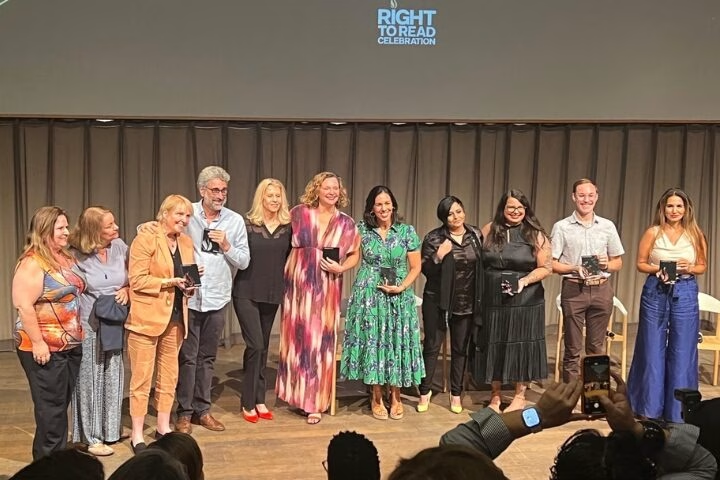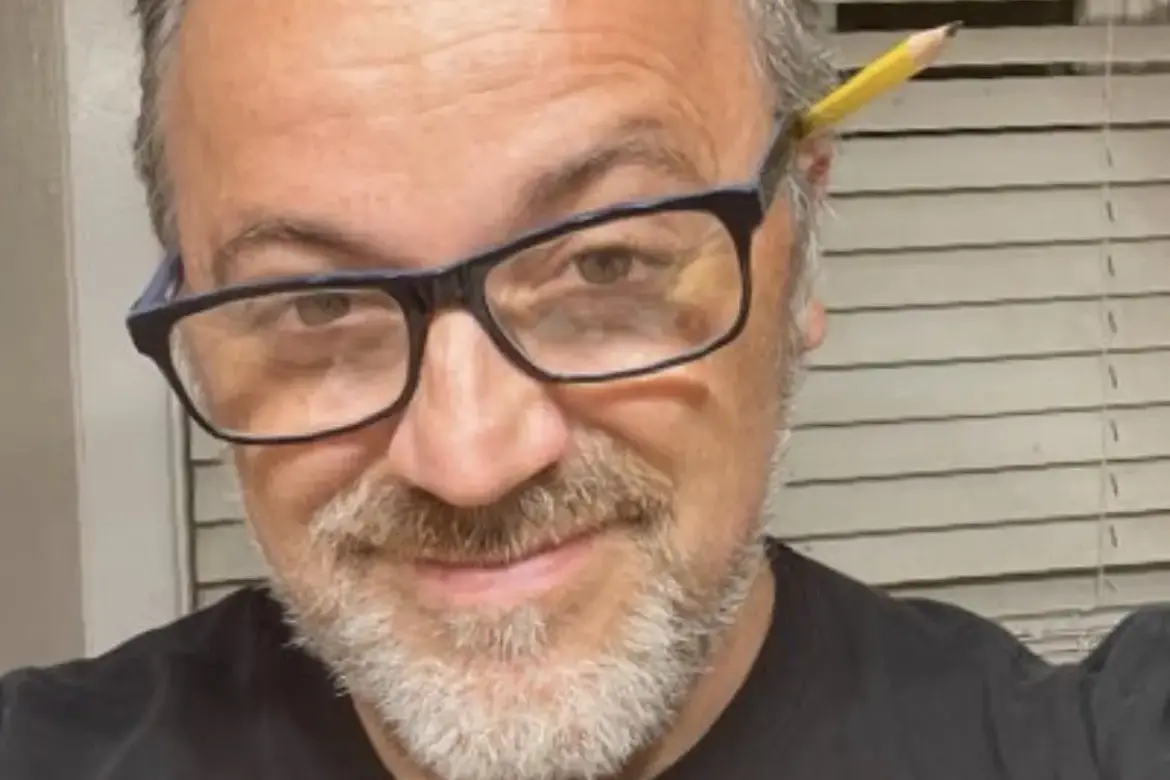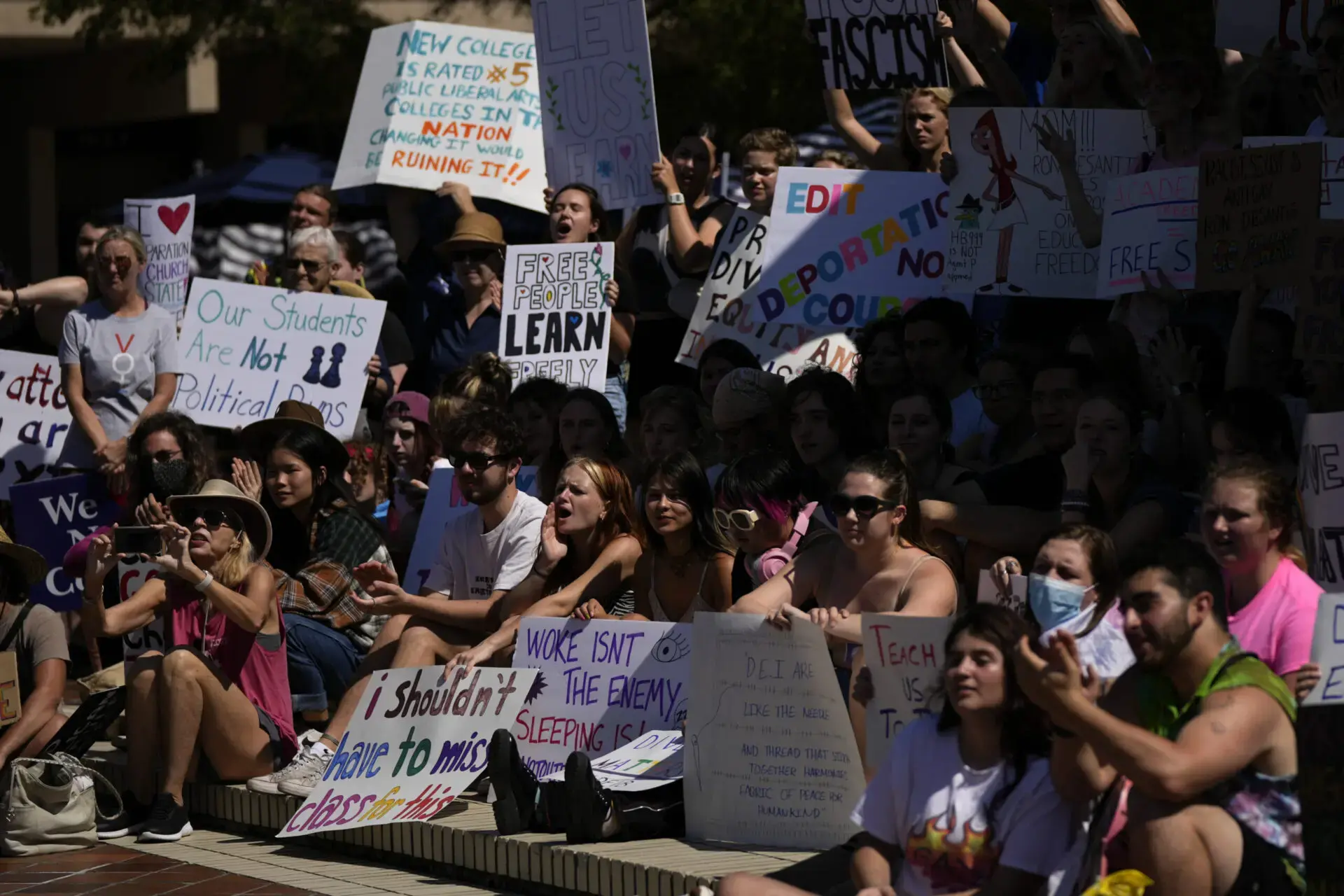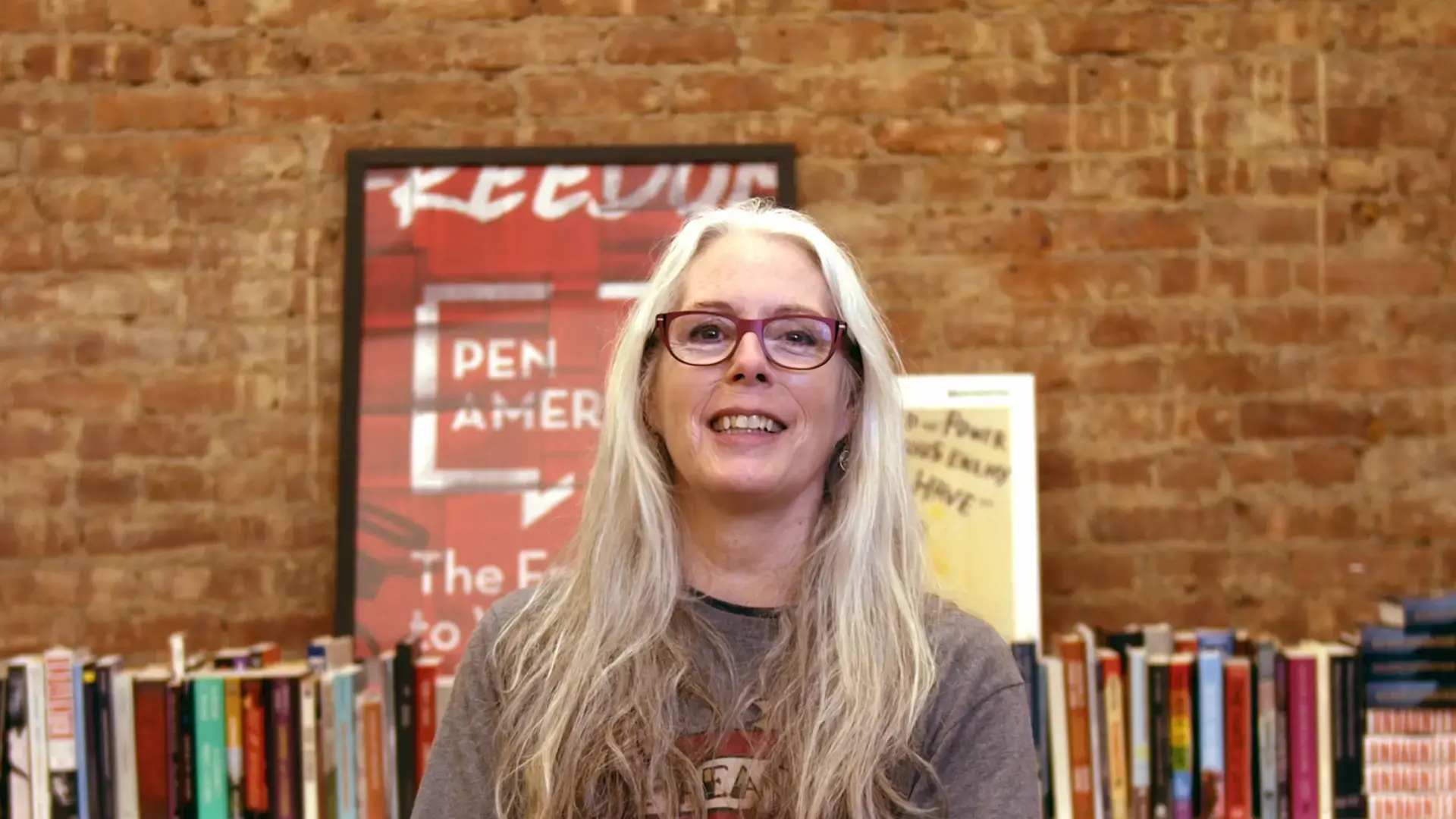
Jodi Picoult was surprised to find herself in the middle of a surge in book banning last year when 20 of her books were pulled from shelves in Martin County, Florida. She had not seen anything like it in 30-plus years as an author.
In the ensuing months, the bestselling author gave up keeping track of how many times her books have been banned across the country. (PEN America counted 45 instances in the 2022-2023 school year.)
Still, in an opening conversation for The New Republic’s Right to Read Celebration in Florida, Picoult said she found reason for optimism, despite seeing numbers that make an author “want to crawl under the covers and not come out.”
“What’s really important to remember is that there is hope and there is change. We have seen states that have already passed laws to make sure that book bans don’t happen in those states. We’ve seen other states where book bans are happening that have begun to revoke those parental rights laws that allowed for book bans to exist,” she said. “And we also know that the vast majority of Americans do not want books banned in this country. The problem is there’s a really small group of people with very loud voices, but there are so many more of us. We just have to be a little louder.”
The event — organized by The New Republic and presented in partnership with the American Federation of Teachers, Alfred A. Knopf, the American Library Association, the Books & Books Literary Foundation, Macmillan Publishers, and PEN America — featured writers whose books were banned, including Lauren Groff, Nikole Hannah-Jones, Ellen Hopkins, George M. Johnson, Ashley Hope Perez, and Jacqueline Woodson, along with teachers, librarians, and students who have been directly impacted by the bans that are sweeping the country (4,240 unique titles were challenged last year, an increase of almost 65% over 2022).
Four-time Newbery Award-winning author Woodson, the former National Ambassador for Young People’s Literature, was awarded the Toni Morrison Courage Award. Woodson recounted reading Morrison’s frequently banned book The Bluest Eye in the fifth grade and then again in college, and understood a completely different story.
“I swore for about five years that Toni Morrison had written two versions of this book. She had written a kid’s version and she had written an adult version,” she said. “The thing about young people is, they compartmentalize. You take in what you can understand from where you’re at, and the rest you put away, and hopefully revisit the narrative and take it in later and understand a little bit more.”

Katie Blankenship, senior director of PEN America Florida, presented another Toni Morrison Courage Award to the South Florida Freadom Coalition. Other recipients of the award were Texas history teacher Daniel Santos, Texas booksellers Valerie Koehler and Charley Rejsek, and Broward County Library Director Allison Grubbs.
Pulitzer Prize-winning journalist and creator of The 1619 Project Nikole Hannah-Jones presented Woodson’s award via video and praised the educators and librarians being honored, saying “public school teachers and librarians saved my life.”
“A society that begins to ban books, that begins to censor books, is not healthy. That’s a society that’s gearing towards authoritarianism,” she said. “These are difficult times, and you shouldn’t have to be courageous to be a teacher. You shouldn’t have to be courageous to be a librarian. But that’s what these times require. So I just hope that you know, as the profession has been under attack, as the freedom to read and freedom to teach and freedom to learn has been under attack, that you understand how valuable you are, how important you are, that the work that you do matters, and that there are people all across the country who not only need you, but have your backs.”











